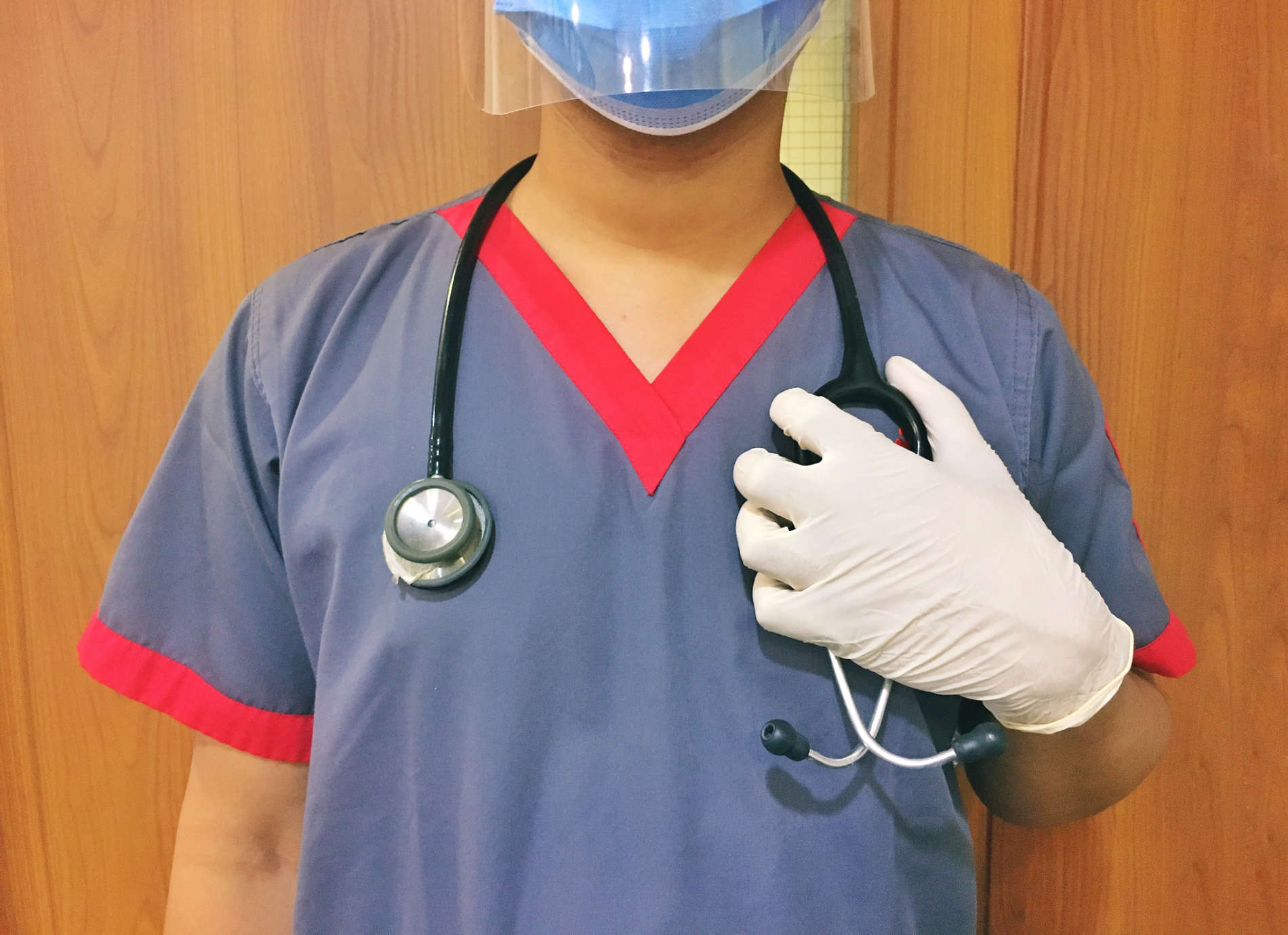Medical negligence is where a medical professional provides poor-quality care and you suffer injury as a result. These injuries may occur while being cared for by the NHS or a private hospital.
As with many types of legal claims, medical negligence cases are subject to strict time limits. It’s important not to miss these limits, as you could lose the opportunity to pursue your case forever.
Three years to start a medical negligence claim
One of the most common medical negligence questions is around how long you have to make your claim. The usual rule is that you have three years to start a medical negligence claim. The clock starts on either the date that:
- The negligence occurred, or
- You became aware that a medical mistake caused your injury. This is called the ‘date of knowledge.’
The ‘date of knowledge’ is an important concept in medical negligence cases. That’s because with other types of personal injury claims such as car accidents, it’s obvious when the injuries happened. But with medical negligence, it is not always obvious. For example, it may be many months or even years before you discover that the medicine you were prescribed made an existing condition worse.
The three-year rule applies to almost all adults who wish to bring a medical negligence claim. For children and certain vulnerable adults, there are different time limits to consider.
Medical negligence injuries to children
Children have three years from the date of their 18th birthday to start a medical negligence claim: so, until they reach the age of 21. This extended time limit is in place so that once the child becomes an adult, they can decide whether to make a claim themselves.
You cannot claim twice for the same injury, however. This means that if a family member has already made a claim on behalf of a child, then the child cannot claim again once they reach adulthood.
People with diminished mental capacity
A ‘protected party’ is someone who lacks the mental capacity to understand the claim, for example, a person with dementia or brain injuries. Here, the three-year time period will only start to run when the person regains mental capacity. In practice, this means there is no time limit for these types of claims.
Evaluating mental capacity is not always straightforward. Lawyers have to tread very carefully when assessing whether their client is, or should be, a protected party.
Where the victim dies
The family has three years from the date of death to start a claim on behalf of a deceased victim of medical negligence. If the medical mistake has not been discovered when the victim dies, the three-year limitation period starts running from the date of knowledge.
Sometimes, a claimant will pass away after they have started a compensation claim. In this situation, the claimant’s personal representative – usually a relative – has three years from the date of death to either continue with the claim or start it again. It is important to speak to a lawyer to check exactly when the time limit starts in a death situation, as the rules can be complicated.
Why do medical negligence cases have a time limit?
Doctors are famous for their poor handwriting. As much as we joke about this, illegible notes and lost or missing medical records can undermine the strength of a medical negligence claim. The sooner you make a claim, the easier it should be for your solicitor to track down quality records.
Memory details also fade over time. Medical emergencies tend to involve a lot of snap decisions and rushing around, and eye witnesses are central to understanding what went wrong and why certain actions were taken. Bringing a claim sooner rather than later, when recollections are still accurate, can help you make a more compelling case.
The bottom line is – don’t delay. If you don’t apply to the court within the correct time period, you will no longer be able to make a claim. And even if you think there’s plenty of time left, instructing a solicitor early makes it more likely that you will be able to gather all the evidence you need for a quick, easy and successful claim.







